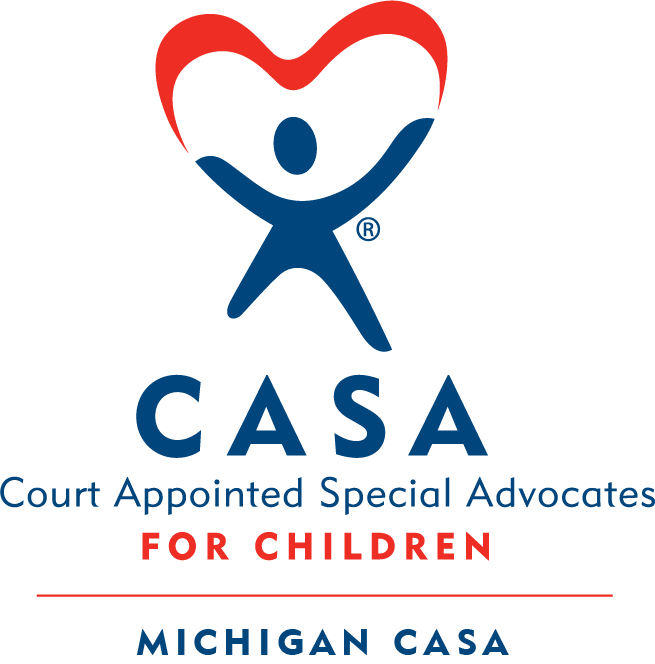CASA volunteers will continue to advocate for the best interests of children going back to school
Back to school is a time for children and youth to be excited about their futures and to reconnect with stability, as they look forward to seeing their friends, teachers, staff, and return to their extra-curricular activities. The start of a new school year can be hectic for all types of families, but it is especially challenging for children in the child welfare system.
For children who grapple with the trauma of being removed from their homes and their social-emotional well-being, learning loss as a result of the COVID-19 pandemic or the loss of family members, the work of a Court-Appointed Special Advocate (CASA) volunteer continues to be essential now more than ever.
When a judge appoints CASA volunteers, they get to know the child and talk to family members and other adults in the child's life to find out what they need to heal and thrive. CASA volunteers advocate for stability with respect to a child’s living situation and school placement, with the child’s best interest in mind. CASA volunteers interact and build relationships with everyone in the child’s environment who has a hand in their education—parents and foster parents, teachers, school counselors, social workers, attorneys, therapists, and others.
A child with a CASA volunteer is more likely to have better outcomes: children performed better academically and behaviorally in school as measured by whether or not they passed all of their courses, whether or not they were expelled and their conduct performance. Children and youth assigned a CASA volunteer reported significantly higher levels of hope. A child’s hope has been linked to numerous positive outcomes such as academic success, overall wellbeing, increases in self-control, positive social relationships, and optimism. For children in the foster care system, pursuing childhood activities can be a challenge because of frequent moves, resource challenges or shame. Our volunteers make sure the court knows when a child has special interests and help remove barriers so the child can participate in extracurricular activities.
As children and youth in the foster care system return to their schools or are faced with entering a new school environment, CASA volunteers will continue to advocate for the best interests of children and help families identify resources for them to be successful.

